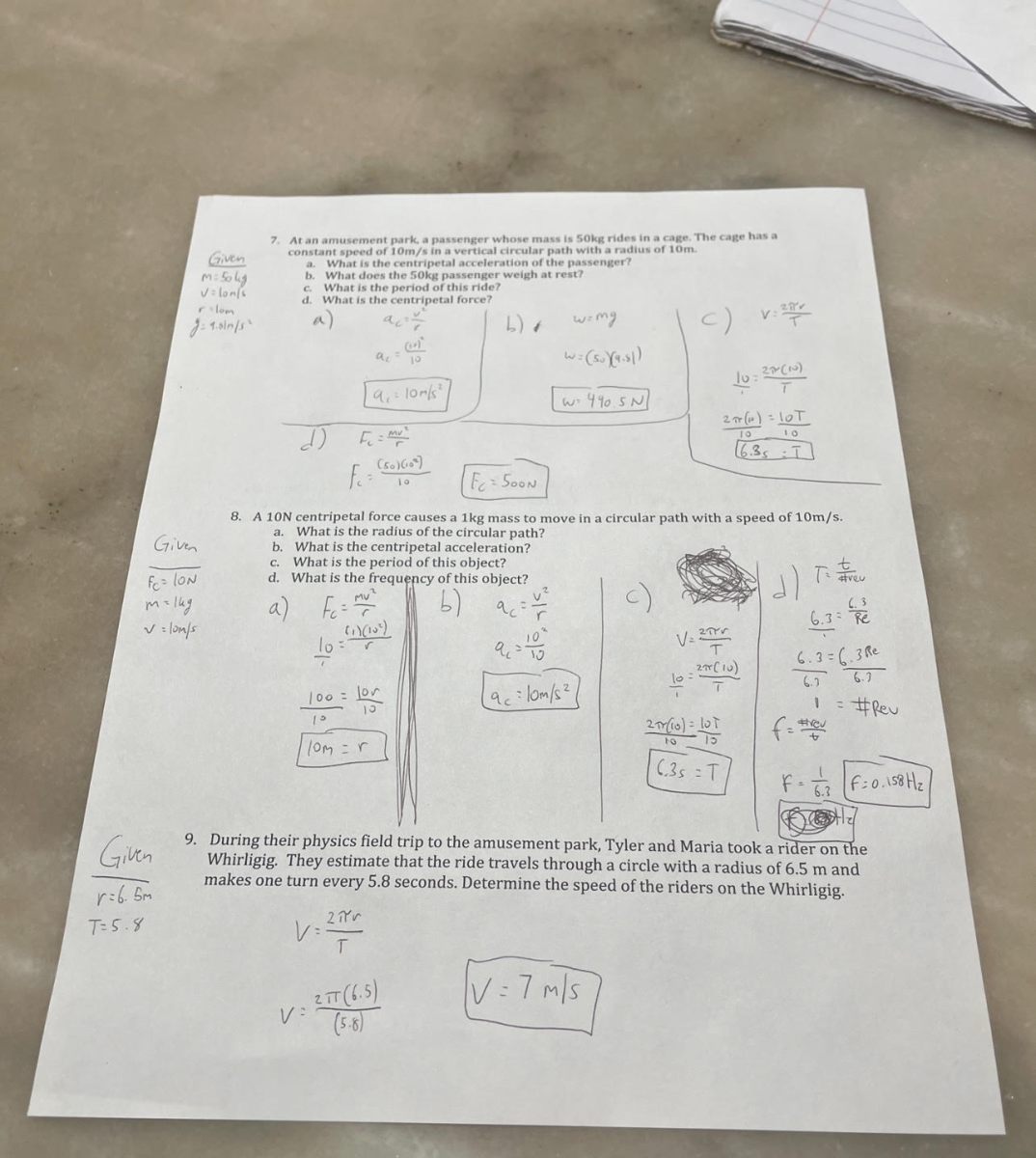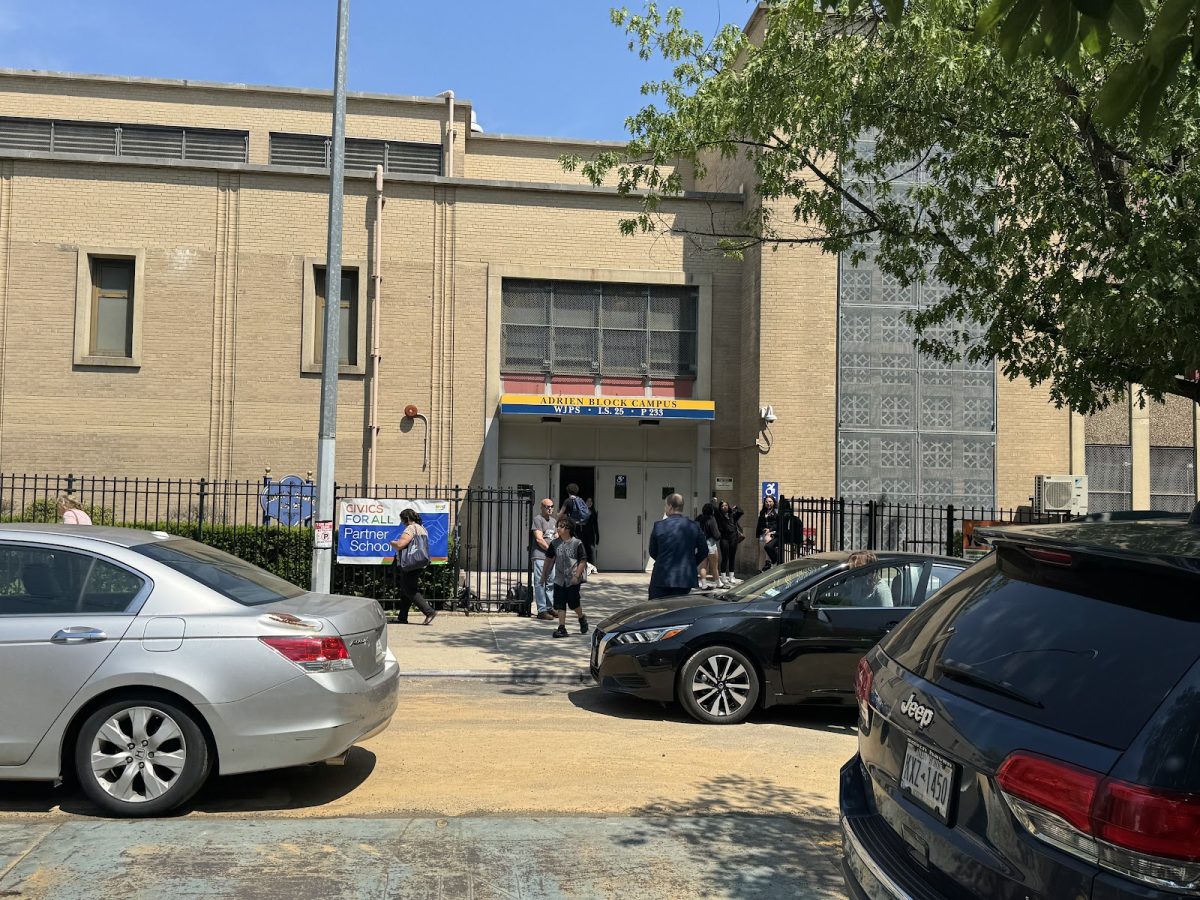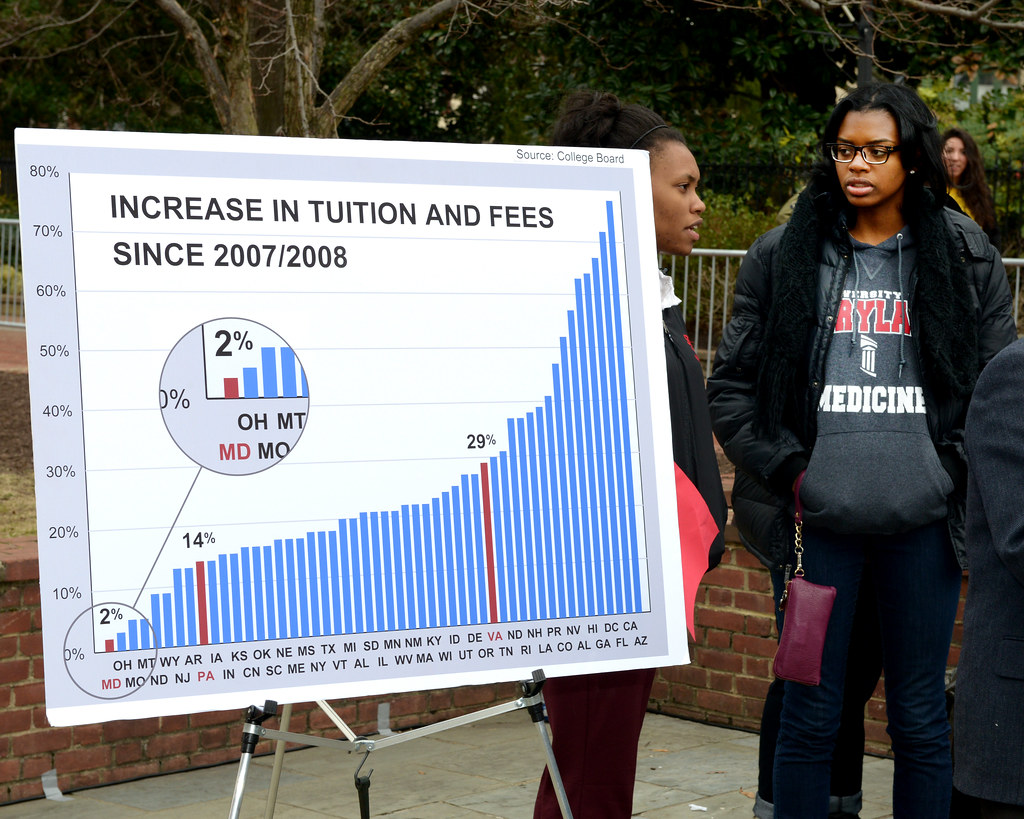
A student anxiously sits in class, biting her nails. Her planner is full with due dates for projects, study reminders for exams and homework assignments. It is only 5th period, and she already feels the stress that comes with AP classes.
An AP (Advanced Placement) class, is a college level class where a students gets the opportunity to learn about a specific subject in more depth. If the student passes the AP exam in May with a score of 3 or higher, then that student will be able to receive college credits.
“It really forces students to adjust to an extremely rigorous workload at an early age. They have to learn critical time management and study skills. In short, it helps them to mature academically before their peers, which will help them later on,” AP U.S History teacher Mr. Tesler, said.
Taking these classes, isn’t easy, and they shouldn’t be because its level of rigorousness is higher than that of a regular High School class. Sometimes there is a lot of stress that comes from taking these classes, and so the availability to take these classes, at certain stages in High School, should be modified.
“If a student took harder classes in middle school for example, Algebra 1, it conditions you to have harder classes in high school. The kids that have just normal classes shouldn’t take AP classes because they aren’t ready for that hard work,” sophomore Markella Giannakopoulos, said.
Although some freshmens only take one of these classes, AP U.S. History, the stress level they experience in this class alone is higher than that of a Junior taking two AP classes. Therefore, freshmens shouldn’t have to be exposed to the stress from advanced placement classes, when they are already experiencing difficulty transitioning from Middle School classes to High School classes.
“US History for 9th grade is a continuation of the middle school curriculum and the students have shown “competency” on the Regents, demonstrating the course to be effective and rigorous, yet attainable for 9th graders,” Assistant Principal Mr. Jurman, said.
There is a good reason why freshmens are offered this AP class, it is because when they were in Middle School, they took Social Studies for three years and took an exam on this subject in the 8th grade. So the material is still fresh in their minds when they come into High School and they manage to score higher in the U.S History regents than they would have, had they taken the class junior year.
“It prepares them for the rigors of high school [and] for what’s to come from grades 9-12,” High School assistant principal Mr. Jurman, said.
However, there could be a solution to this that liberates freshmens from the stress of advanced placement classes. Freshmens could still take U.S History, so the regents scores will still be at a good rate and those who perform at a level of excellence in the class should be offered the opportunity of taking AP U.S History in their sophomore year. Then, in junior year the student can take Global 1 and in their senior year, depending on their level of excellence in Global 1, they can take AP World.
This way, all the credits required for this subject are fulfilled in a manner that causes less stress, because instead of putting scared, uncustomed, freshmens into an AP class, they will be placed in a regular class where they can first learn the materials that will prepare them for the advanced placement class. These freshmens would also get a better chance in passing the AP exam.
“[The rate of freshmens that pass the AP exam each year is] 50%,” AP U.S History teacher Mr.Tesler, said.
And so, the AP stress will be modified in a way that is appropriate for the different grade levels and unprepared students, like freshmens, won’t have to be exposed to this type of pressure.































